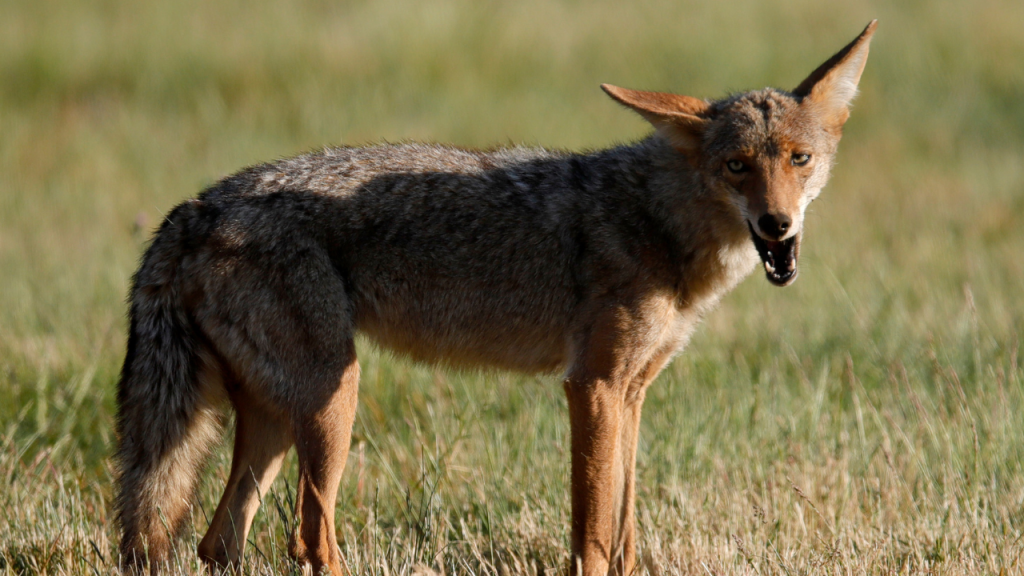Authorities in Colorado are on high alert following a Thanksgiving incident in Colorado Springs where a coyote attacked a 4-year-old girl. The confrontation occurred near the Air Force Academy, in a neighborhood near Monument Creek and Interstate 25, and began when the girl and another child mistakenly approached the coyote, believing it to be a dog. This led to the coyote lunging at the girl and causing serious injuries by grabbing her hair. Fortunately, her father acted quickly, intervening to stop the attack and rescue his daughter from the animal, thus preventing a potentially tragic outcome. Tim Kroening, Colorado Parks and Wildlife’s (CPW) Area Wildlife Manager, emphasized the importance of the father’s quick response.
Following the incident, which was reported the next day after the girl was released from the hospital, CPW launched an investigation aimed at locating the coyote involved. The agency highlighted that while coyotes typically have a natural fear of humans, certain circumstances—such as protecting their young, being fed, or illness—can lead to more aggressive behavior. Because it is challenging to identify the specific coyote that attacked, CPW indicated that any coyote found in the area would be lethally removed and subjected to testing for human DNA and disease.
The CPW stressed the importance of vigilance in preventing wildlife encounters, stating that the incident serves as a reminder for people to be aware of their surroundings and to deter wild animals from becoming too comfortable in residential areas. Kroening pointed out that measures need to be taken to prevent wildlife from losing their natural fear of humans, noting that animals such as deer, foxes, bobcats, and bears can pose dangers if they get too used to human presence. The agency advocates for proactive approaches to keep wildlife at bay to enhance community safety.
In terms of safety recommendations, Kroening advises any individuals who come across a coyote to take immediate action, such as yelling or throwing rocks to initiate a response. He noted that if a coyote displays aggressive behavior, contacting CPW would be the appropriate course of action. Furthermore, the agency warns against feeding coyotes since such actions can diminish their natural fear of people and lead to increasingly bold behaviors, which places pets and small animals at greater risk.
The ability of coyotes to threaten domestic pets has been underlined, as they may view smaller animals as potential food sources or competition. This foreshadows the seriousness of a coyote’s presence for not only children but also family pets. Therefore, the ongoing investigation and pursuit of the offending coyote reflect a broader commitment to maintaining a safe environment. CPW seeks public cooperation and understanding during this urgent and active wildlife management effort.
Overall, the incident involving the coyote attack serves as a critical reminder of the interactions between urban life and wildlife. The seriousness of the situation has prompted wildlife authorities to take swift and decisive actions to protect community members and deter similar occurrences in the future. By increasing public awareness regarding safety measures and wildlife behaviors, CPW aims to foster a safer coexistence between humans and animals while ensuring the well-being of both. The agency continues its investigation and the importance of community engagement in these efforts cannot be overstressed.

